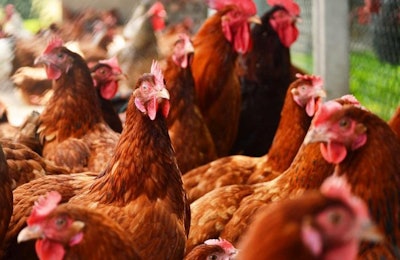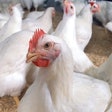
The U.S. Department of Agriculture’s Agricultural Marketing Service (AMS) is again delaying the effective date of the Organic Livestock and Poultry Practices (OLPP) final rule, with the new effective date set for May 14, 2018.
The final rule, which was published in the Federal Register on January 19, has already been delayed on two other occasions. It was initially set to become effective on March 20, but then delayed to become effective on May 19, and once again delayed until November 14.
According to AMS, the agency received more than 47,000 comments on the organic livestock and poultry rule, and more than 34,600 of those comments were submitted as form letters.
The OLPP final rule largely consisted of rules clarifying how producers and handlers participating in the National Organic Program must treat livestock and poultry to ensure their well-being.
ARS concerns about OLPP rule
While ARS says animal welfare is an important priority for the agency, it believes that the Organic Foods Production Act’s (OFPA) reference to additional regulatory standards for the care of organically produced livestock is limited to health care practices similar to those specified by Congress in the statute, rather than as reflecting a stand-alone concern for animal welfare. AMS intends to seek public comments concerning this interpretation.
AMS is also concerned that the OLPP final rule is not consistent with USDA regulatory policy principles, because the requirements in that rule may not represent the most innovative and least burdensome tools for achieving regulatory ends, may impose costs that are not justified by the potential benefits, and may not reasonably be tethered to OFPA’s statutory text, nature and purpose.
The latest delay, ARS stated, will provide the agency additional time to solicit comments on those particular issues and to consider before making a final decision on the direction of the OLPP final rule.

















